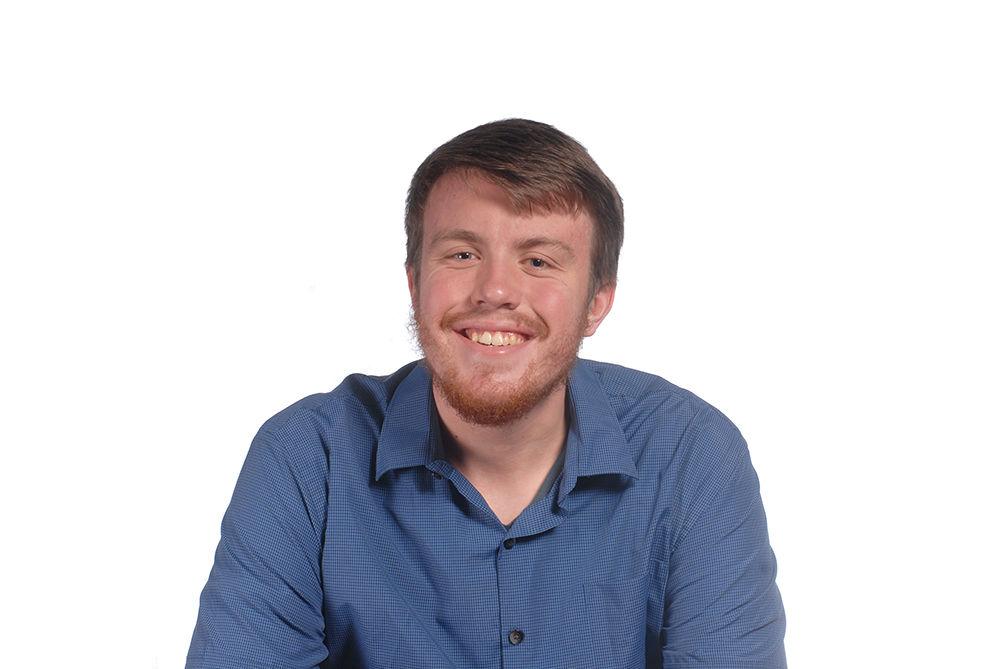Of all the columns I’ve ever written during my time at Technician, this is probably the one where I need to spend the most time recognizing my personal bias and setting that aside to craft an argument.
As I sat down to write this column, a pot of decaf brewed right behind me. Coffee is a favorite drink of mine, both for the energy boost it provides and the flavor, which I understand might not be for everyone. It’s a big industry, with chains like Starbucks and Dunkin’ always competing for consumers’ attention — especially the attention of us sleepy-eyed college students.
There have always been fears and suspicions around the drink, however. From the ethics surrounding the coffee industry to the safety of caffeine consumption, there’s a lot of ongoing discussion about coffee, so I’d like to debunk some myths, provide some helpful resources (so that you can know if and when you should grab a tasty energy boost) and let you know what your impact could be.
Before we jump into the nutritional tidbits of coffee, we need to discuss the looming ethical subject of the trade itself. There are a lot of rough spots in the industry’s history. Two articles I would definitely suggest you read for the truth behind the drink are the Food Empowerment Project’s article, leaning more towards the ethical trade side of the controversy, and Alexander J. Myers’ article, focusing more on the environmental consequences. The vast majority of the industry is socially unethical and environmentally draining, and has been for a long time.
Therefore, it’d be wise to figure out an alternative to these practices and find an ethical brand for all your needs. There are brands out there making the effort, and Francesca Willow’s article is a good place to start your research. There’s also the Durham-based Counter Culture Coffee, an organization devoted to promoting ethical and sustainable coffees and partnering with like-minded businesses. This may not immediately matter to you, but it’s our responsibility as world citizens and regular consumers not to reward companies’ unethical behavior with our continued business.
But, as mentioned, there’s the health side of things too. For example, there are fears about what the caffeine in the drink can do to you. The Mayo Clinic lists some of the side effects you can experience if you drink more than four cups of coffee a day, such as headaches, insomnia and frequent urination. College students pulling an all-nighter should keep these precautions in mind.
Use this chart from the Center for Science in the Public Interest to find out how many milligrams of caffeine are in your daily venti mocha, or any other kind of caffeinated drink like tea and soda.
Coffee is a safe drink as long as you approach it with the same kind of moderation and thoughtfulness you’d approach any other drink with health effects, like alcohol. If that’s your primary concern, then go on ahead and grab a drink.
But if you want to change the way things are, start looking for ethical alternatives to your favorite roast. Whenever I can, I try to buy ethical coffee. But I’d be lying if I said I haven’t recently had a carton of big industry grinds sitting in my pantry. It can be difficult to find a nearby, affordable source for coffee, but you should try as much as you can to find a consistent source.
More importantly, spread the word as well, because despite the stereotype about how much coffee college students drink, our age group is not the biggest coffee demographic.
As far as health is concerned, coffee and its caffeine content is safe for the average drinker. But don’t be afraid to hesitate if you don’t want to fund certain coffee companies who participate in morally and environmentally dubious activities; rather, look for other brands and let others know what the industry is up to.














